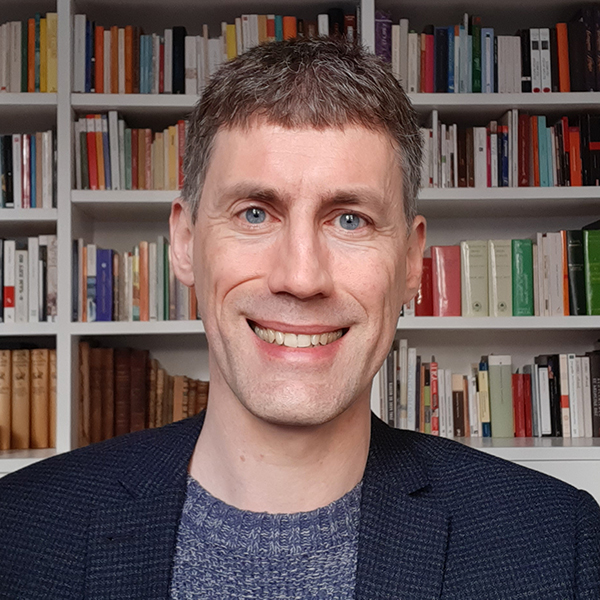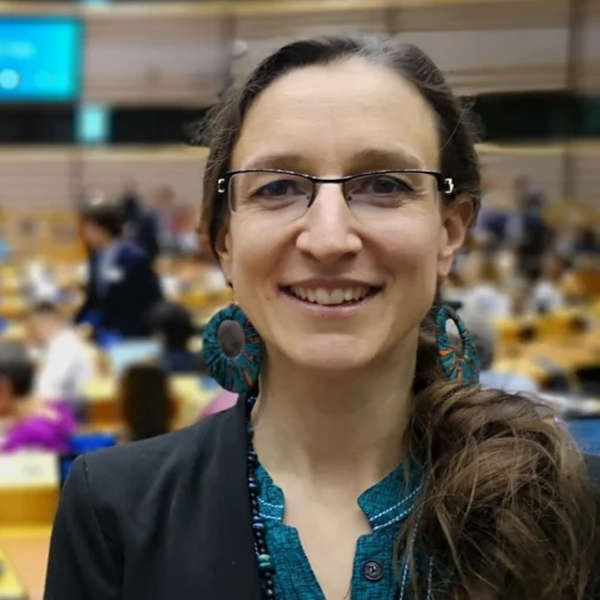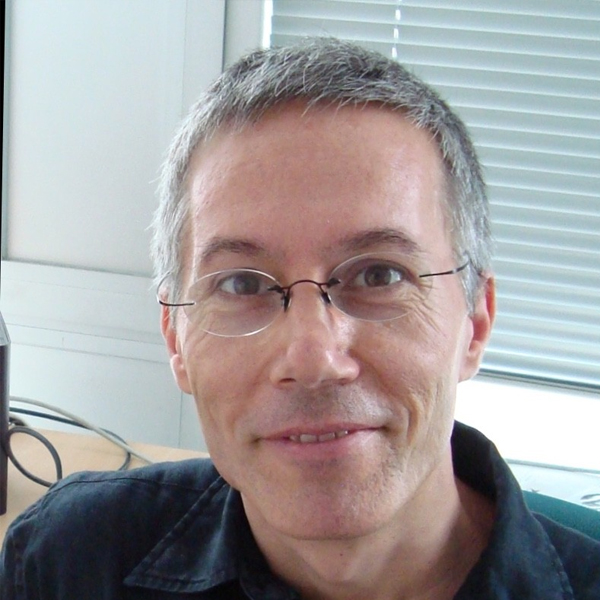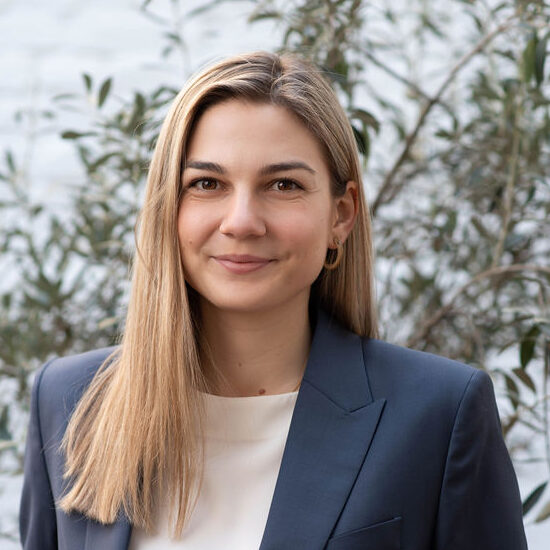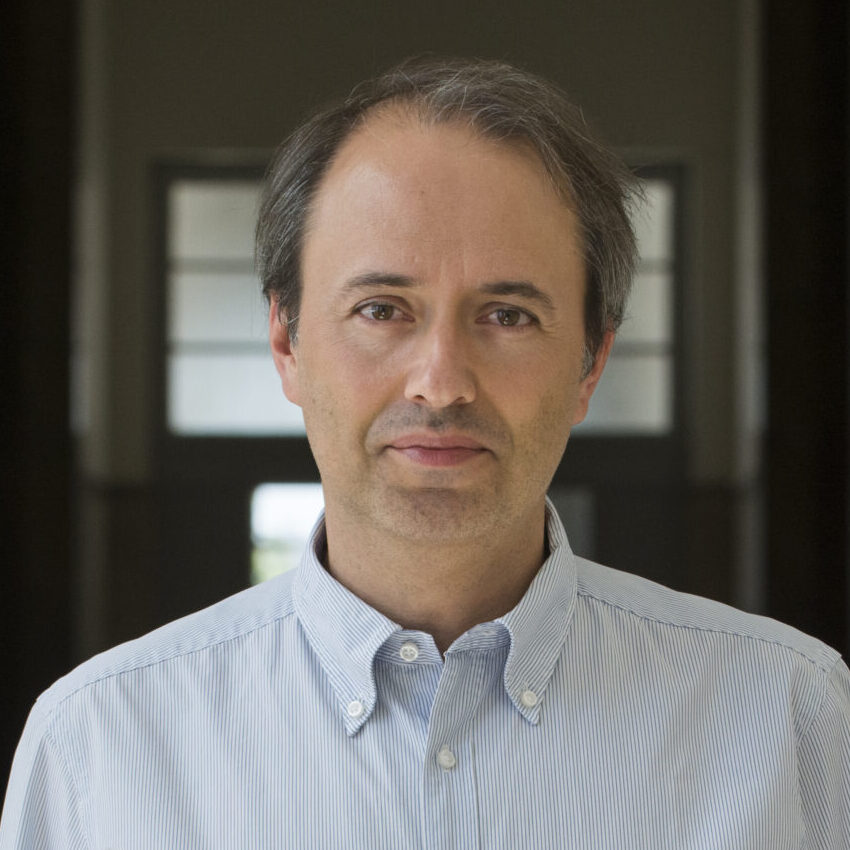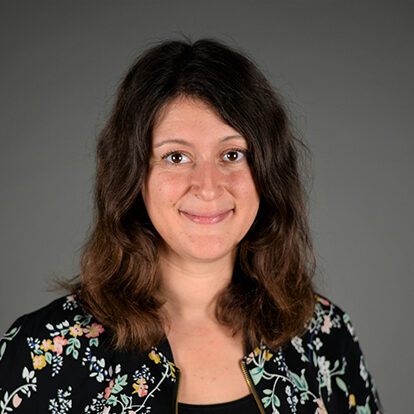MAPS stands for Models, Assessment, and Policies for Sustainability. The project’s aim is to explore transformative policy pathways that achieve equitable human wellbeing while respecting Earth’s environmental limits, and assess these using a state-of-the-art simulation model. The project includes six work packages (shown below), which together provide a compass for navigating the social and environmental challenges of the 21st century.
The MAPS project is dedicated to developing new models and policies to deliver high wellbeing for all people within planetary boundaries.
Models
Policies
Assessment
Policies
Assessment
Sustainability
Improving Integrated Assessment Modelling
MAPS aims to assess the strengths and weaknesses of current integrated assessment models (IAMs), and develop new modelling tools that include important ideas from ecological economics and social metabolism. Specifically, the project will:
- Provide a better understanding of different modelling frameworks used in IAMs, including their strengths and weaknesses
- Develop four “proof of concept” models that address established limitations in existing IAMs: (1) the representation of GDP, (2) behavioural change, (3) non-linear structural change, and (4) sufficiency. These models will function as standalone tools, but also have the potential to be integrated into other integrated assessment models.
Lead: Jordi Solé (Universitat de Barcelona)
Broadening the Range of Policy Options
MAPS aims to broaden the range of policy options considered in transition pathway analysis, in particular to include post-growth approaches. Specifically, the project will:
- Map alternatives to growth-oriented socioeconomic policies based on different visions of sustainability
- Describe different economic, technological, and societal futures
- Establish a policy framework that regards fairness and intersectional justice as a cross-cutting theme
- Involve stakeholder groups and people with different perspectives to test the feasibility of alternative policy options
- Identify the main barriers and opportunities to the adoption of alternative policies
Lead: Alexandra Köves (Corvinus University of Budapest)
Safeguarding Social Outcomes
MAPS aims to examine policy options for safeguarding social outcomes and welfare state provisioning in a post-growth transition. Specifically, the project will:
- Assess policy options for growth-resilient fiscal and monetary policy, including welfare state revenues
- Assess the growth dependency of the healthcare and pensions systems, and identify policies that can support a transition towards growth independence
- Examine the effectiveness of different policy approaches for tackling inequality in a post-growth context, and analyse the role of reducing inequality for addressing social problems and minimising welfare demand
- Identify and design policies that foster synergies between social, environmental, and economic sustainability
Lead: Milena Büchs (University of Leeds)
Communication, Dissemination, and Uptake of Ideas
MAPS aims to actively engage with European policymakers and relevant scientific communities, including the IPCC (Intergovernmental Panel on Climate Change) and IPBES (Intergovernmental Science-Policy Platform on Biodiversity and Ecosystem Services). Specifically, the project will:
- Tailor its results to European policymakers and the IPCC/IPBES communities through a needs assessment
- Communicate and disseminate its findings to key stakeholders and the public
- Ensure long-term uptake of project results through the development of an online Policy Toolbox and Simulator
- Inform major scientific assessments, such as those of the IPCC and IPBES, to effectively disseminate the novel policies, models, and assessments of the project
Lead: Zoe Elsner (ZOE Institute for Future-fit Economies)
Quantitative Assessment of Policy Packages
MAPS aims to assess the social, economic, and environmental outcomes of a wide range of policy packages by means of scenario simulations. Specifically, the project will:
- Build a common modelling framework (the MAPS model), drawing on previous models created by researchers within the project
- Bring together policy options from across the project into policy packages, including both pro-growth and post-growth approaches
- Simulate the policy packages and assess their results in a multi-criteria approach, considering a broad range of biophysical, social, and economic indicators
- Assess the fairness of outcomes between the global North and global South in the model simulations
- Feed the simulation results back to citizens and other stakeholders to assess their social acceptability and political feasibility
- Synthesise the new knowledge generated across the project, highlighting the differences compared to conventional models
Lead: Simone D’Alessandro (University of Pisa)
Accounting for Biophysical and Social Realities
MAPS aims to quantify the resource use and human labour required to achieve good social outcomes for all people, including the opportunities and challenges resulting from the development of artificial intelligence (AI). Specifically, the project will:
- Estimate the resource use requirements of a good life, and how these compare to planetary boundaries
- Estimate the paid labour, unpaid labour, and leisure time requirements of a good life, and how these compare to current time use
- Estimate the potential impact that AI development could have on resource use and social outcomes
- Assess the long-term feasibility of reconciling economic growth with climate and other environmental objectives
Lead: Dan O’Neill (Universitat de Barcelona)
Discover Key Insights
Leadership Team

Aljoša Slameršak
Title:Senior Researcher
Title:Principal Investigator for UAB
Associated institution:Universitat Autònoma de Barcelona (UAB)











